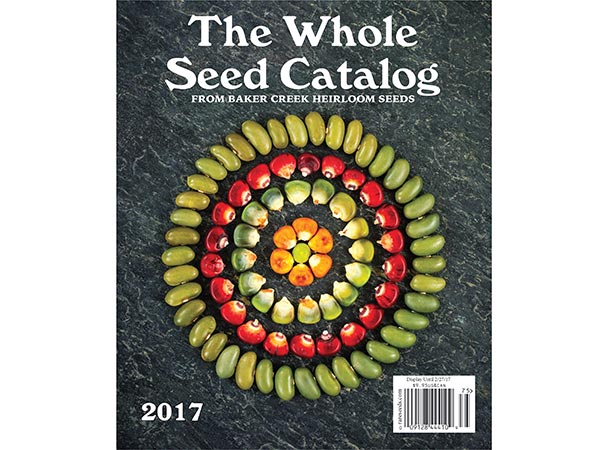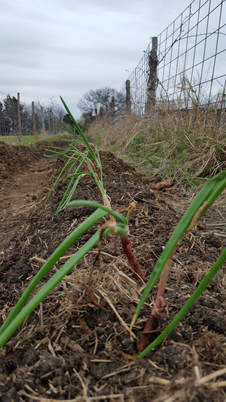
In early winter I start itching to get my paws on the latest edition of The Whole Seed Catalog. It’s crack for the organic gardener. Truly. I’m not sure how many times I thumb thru the catalog highlighting, circling, and dogear-ing pages before I make my final selections. I feel like Imelda Marcos in a shoe store. Rareseeds.com is my ‘go to’ source for seeds simply because I trust them and I respect their ethical stance on heirloom seed preservation. Their seeds aren’t just heirloom, they are also organic.
We are organic gardeners, and that includes our seed choices. I am frequently asked why seed choice is so important. Oh ho ho. Seed choice is VERY important any time you are asking something of a plant ( it’s one of the things that really sealed the deal for me on my essential oil company of choice ).
Organic heirloom seeds are better for a multitude of reasons:
- Exceptional Taste and Flavor (far superior to hybridized fruits and veggies whose genetics have sacrificed both in favor of ship-ability & gas-ripening/green picking )
- Seeds from organically grown plants are more likely to do well in an organic garden because the parent plant has proven that it can meet the challenges of an organic environment (We certainly experienced this too when we opted to convert our beehives to 100% organic management!).
- Organic seeds have never been exposed to toxic pesticides, and they are chemical free! (this is a bigger deal than you might think)
- Organic seeds are NEVER the product of genetic engineering.
- Heirloom seeds are nearly ALWAYS more nutritious than their counterparts. You can read more about that here.
- Heirloom seeds can be open pollinated (kind of a big deal if you are a seed saver!). Hybridized usually cannot.
- Heirloom plants tend to mature at different rates. This means that you can usually assume a longer harvest period for your crops.
My seeds arrived last week and I’m itching to plant. It’s still a little early for most things. I prefer to plant directly into the soil, but will prestart a few that take longer to germinate in my greenhouse.
Cucumbers, watermelon, cantaloupe, tomatoes, lettuce, kale, onions, zucchini, butternut squash, acorn squash, spaghetti squash, beans, beans, and more beans…. and so much more! I’m even making an attempt at growing loofah sponges this year!
Come on spring! We’re ready!

